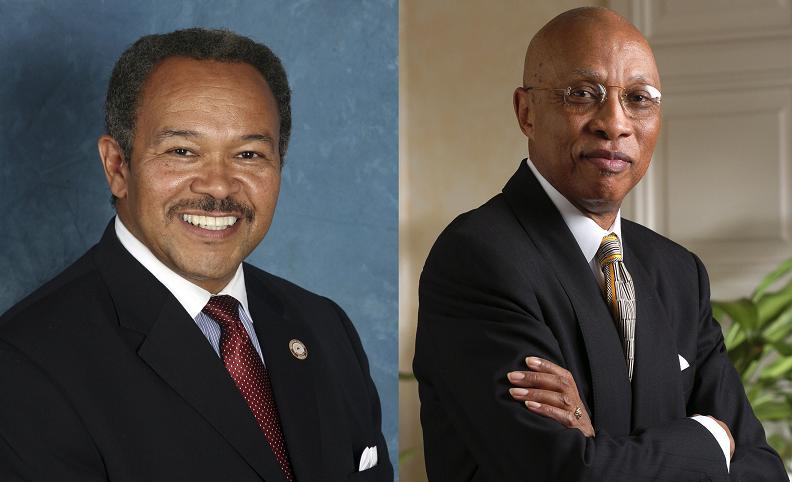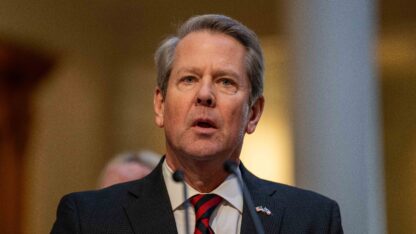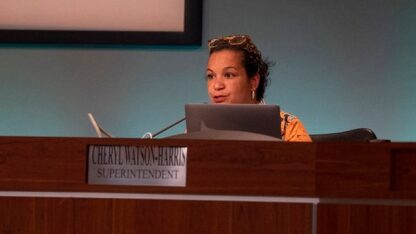Challenges for Morehouse’s Next President

This week, Morehouse College in Atlanta announced its President, Robert Franklin, will leave the position on June 30th. As President, Franklin says he’s accomplished his goals.
However, rising tuition will continue to present challenges for the historically black college for men.
In 2007, Franklin brought to Morehouse his “5 wells of leadership”.
“Producing young men who are well read, well spoken, well traveled and well balanced,” said Franklin.
Franklin says instilling the concept in Morehouse’s more than 28-hundred students is one of his accomplishments. He also touts the school’s reputation in science, technology and other fields. Franklin’s third goal was fundraising.
“It’s our commitment to ensuring that we have adequate scholarship dollars to make this experience affordable,” said Franklin.
Tuition alone at Morehouse is $25,000 a year. While that’s competitive among all liberal arts schools, it’s on the high end for historically black colleges or universities or HBCUs. That’s why Franklin’s really proud about increasing the number of Morehouse alumni who donate to the school. Before he came, it was at 17%. Now, it’s 38%.
“Among historically black college and universities, that would be very high,” said Melvin Shaw.
Shaw, with fundraising developer Saad and Shaw, has focused on HBCUs for 50 years. When it comes to helping students pay for school, Shaw says HBCUs have a harder time than predominately white schools.
“The majority of the white institutions have student who can pay the full freight or they have alumni programs or endowment programs that can supplement those students who are not in a position to carry the full load,” said Shaw.
Shaw says Morehouse has historically strong fundraising and endowments. However, Franklin says the school might have to tap into a new audience.
“Going forward, the real money out there is not in corporations and foundations but among individuals,” said Franklin.
Morehouse board chair Robert Davidson says raising capital will still be crucial for Franklin’s replacement.
“It’s always the charge of a President to raise capital,” said Davidson. “That’s probably the number one job of any President.”
9(MDAxODM0MDY4MDEyMTY4NDA3MzI3YjkzMw004))








